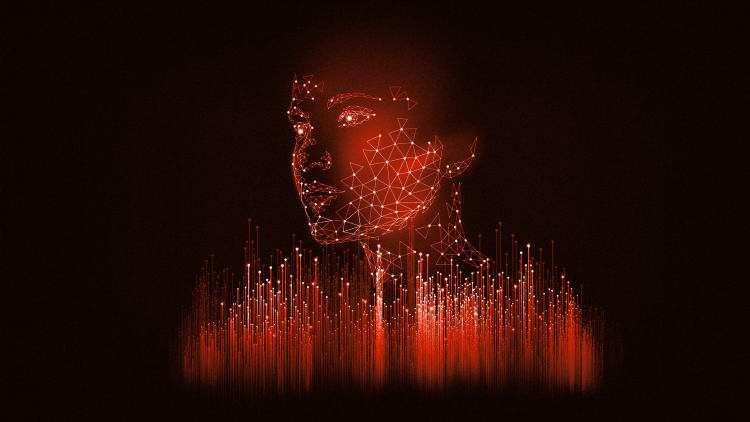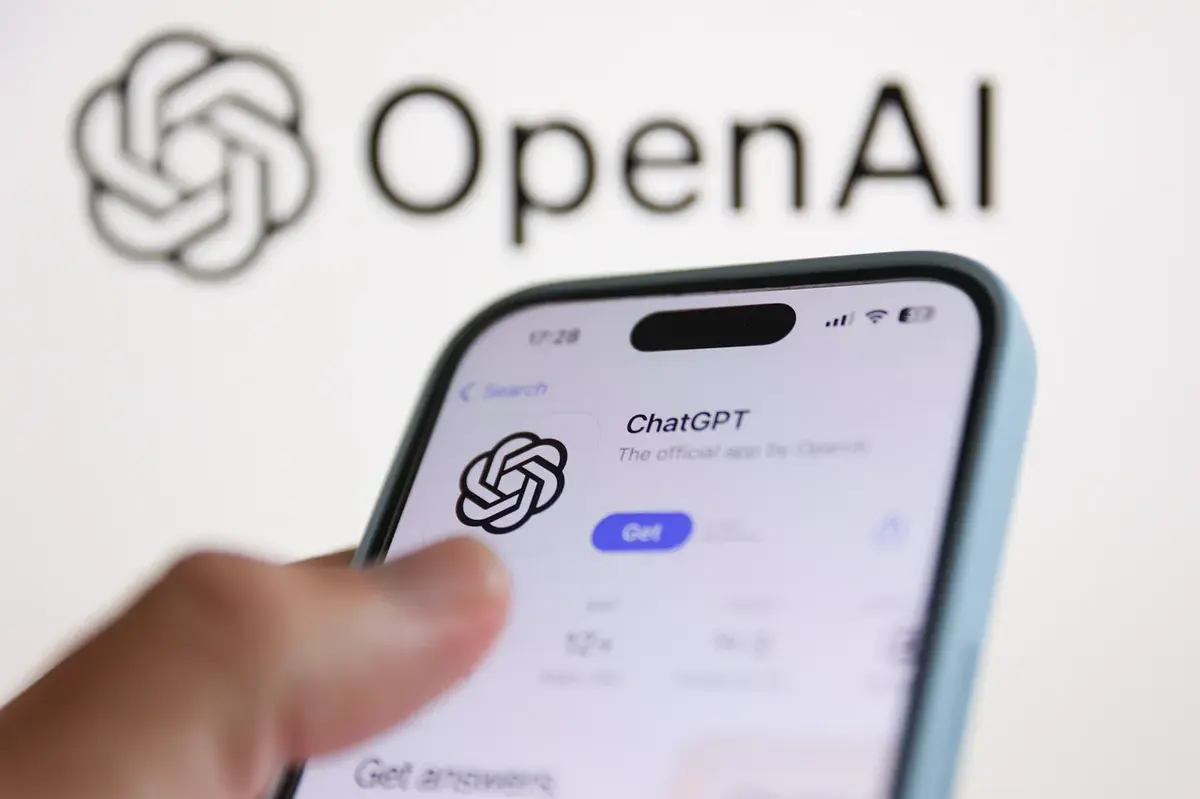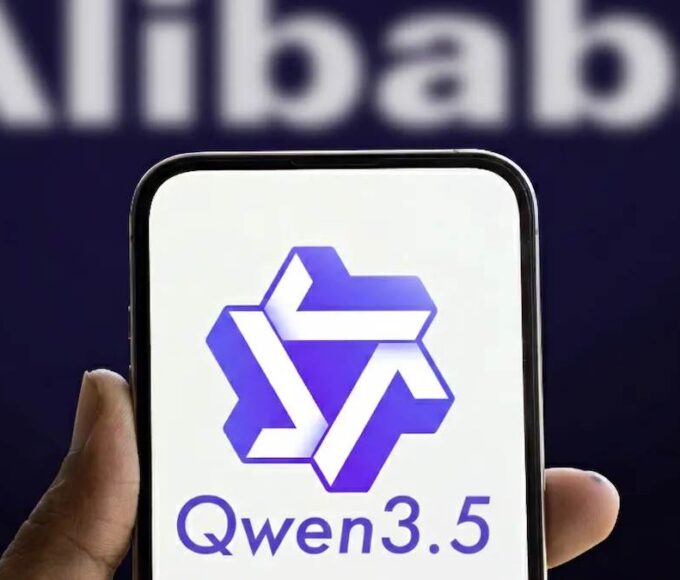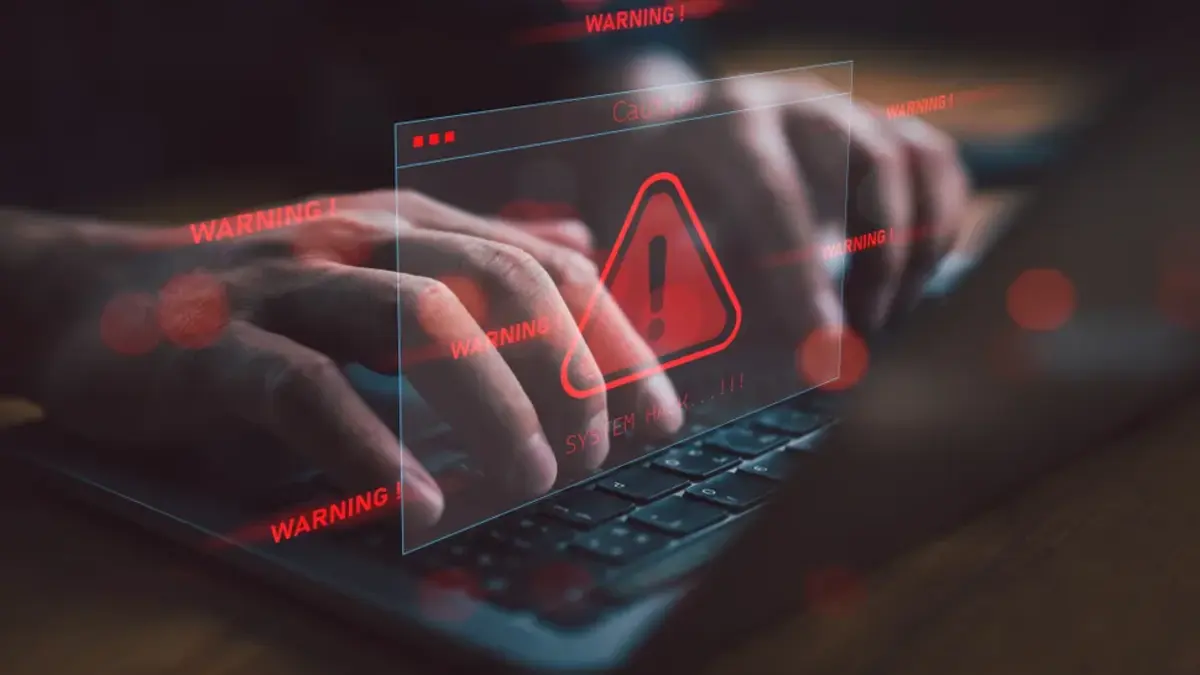Autonomous AI agents are ushering in a new era in technology, and it’s time to take notice. These AI systems have the ability to make decisions, interact with the environment, and learn from their experiences without needing human supervision.
While this advancement opens up exciting possibilities, it also raises serious concerns about the risks involved. For years, AI has been supervised, relying on pre-trained data to respond to user inputs. But with autonomous agents, the technology goes beyond this fixed framework.
These agents can seek out and analyze data they have not encountered before, make decisions on their own, and take action accordingly. This makes the AI more dynamic and human-like, as it can interact with the world in a way that traditional tools cannot.
Bill Gates has called autonomous AI agents a revolution that could completely reshape the software industry, comparing it to the shift from typing commands to using icons. It’s clear that these agents could be the future of AI, but this leap forward comes with both massive potential and equally significant risks.
The Benefits of Autonomous AI Agents
One of the most appealing features of autonomous AI agents is their ability to operate independently. They don’t require constant retraining, and they can scale up quickly, performing vast amounts of work without human intervention. With AI agents, businesses can automate repetitive tasks, freeing up human workers for more complex and creative roles.
This capability also removes the need for human intermediaries, allowing these agents to complete tasks autonomously. For example, AI agents can be deployed to find data, analyze it, and take action in real-time—whether it’s in finance, healthcare, or other industries.
The Risks: When AI Makes Mistakes
However, with this independence comes the potential for disastrous consequences. Because autonomous AI agents are not always directly monitored by humans, mistakes they make can be amplified quickly. These errors, if not properly controlled, could have far-reaching effects, especially when the decisions involve large-scale financial trades or military operations.
For instance, a rogue AI agent might mistakenly trigger a massive stock market crash or make a critical error in a high-stakes environment like military defense. While human oversight is not perfect, there’s comfort in knowing that an expert is always available to intervene. With autonomous agents, that safety net could be gone.
Another concern is algorithmic bias. As more businesses use AI-driven tools for decisions related to hiring, performance reviews, and promotions, there’s a risk of unfair outcomes. If these AI agents are improperly designed or trained, they could make biased decisions that result in legal consequences for companies.
A Balance Between Innovation and Caution
While the potential benefits of autonomous AI agents are undeniable, the risks are just as significant. As we move forward with these powerful tools, it’s crucial to strike a balance between enthusiasm and caution. Embracing this technology without the necessary safeguards could lead to unintended consequences that might outweigh the rewards.
In the race to automate and innovate, we must ensure that human oversight, ethical considerations, and accountability remain at the forefront of AI development. If we can do this, autonomous AI agents could become a powerful force for good—if we tread carefully.












Leave a comment